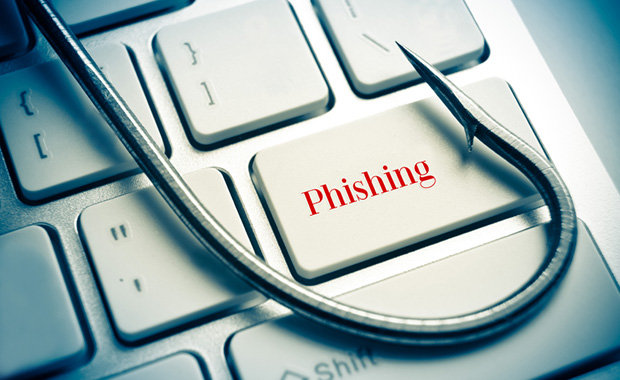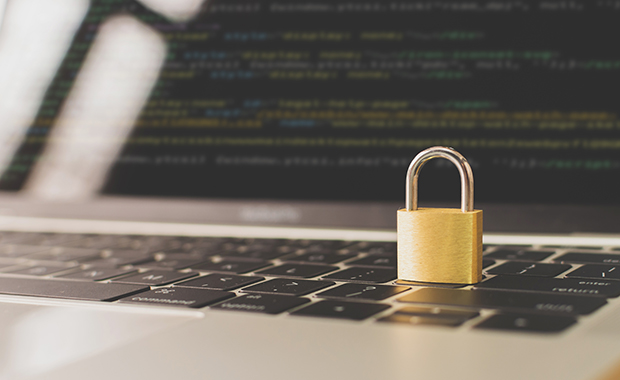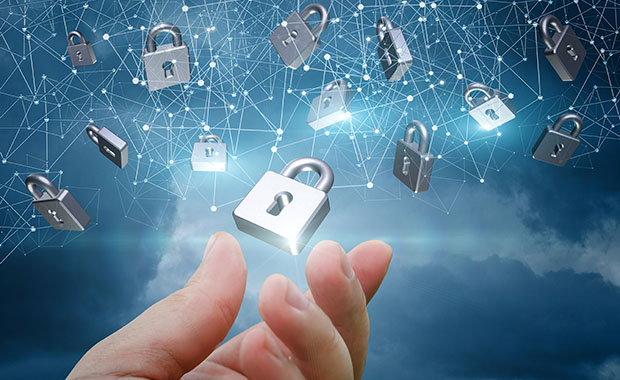What is scareware and why does it pop up in your browser?
Imagine you’re enjoying a quiet evening surfing the web – maybe watching cute cat videos or scrolling through social media – when suddenly a brightly colored pop-up bursts onto your screen. It screams, “Your computer is infected with a dangerous virus! Act now before it’s too late!”
more
24 people found this article helpful.
What are reCAPTCHA and CAPTCHA and why do I keep seeing them?
If you’ve ever been online and had your surfing interrupted by a test asking you to “Click all the traffic lights” or “Type in these wonky letters”, you've encountered CAPTCHA.
more
31 people found this article helpful.
Don’t get hooked: Avoid phishing with these 2024 blog posts
Phishing scams grow more sophisticated every year, using deceptive tricks to steal your personal information and compromise your security. And taking the bait can have serious consequences: identity theft, financial loss, and data breaches.
more
12 people found this article helpful.
Deepfake phishing: A new wave of cybercrime & how to protect yourself
Online phishing scams are getting scarier by the minute. Thanks to the rapid evolution of artificial intelligence, phishing attacks now have a new weapon: deepfake technology.
more
131 people found this article helpful.
I know where you live: Creepy scam emails with personal details
Phishing emails are bad enough. But have you ever opened your inbox to find a threatening message claiming that hackers have access to your webcam – complete with some personal information or even a photo of your home? These frightening emails are part of a growing trend of blackmail email phishing scams and extortion online.
more
51 people found this article helpful.
Strong password standards in 2024: Changes and best practices
Did you know that your formerly strong password may no longer be secure? Sad, but true – because cybercriminals are able to break previously hard-to-crack passwords with the help of artificial intelligence (AI) as well as hacking systems and programs that are growing ever more effective and efficient.
more
61 people found this article helpful.
What does a phishing link look like? How to check links safely
There seems to be no end to fake emails that are cleverly designed to look like real messages from legitimate companies. As these phishing scams grow more convincing, how can you tell the fakes from the real thing? One line of defense: Learning how to spot a phishing link.
more
106 people found this article helpful.
Cybersecurity Awareness Month: 4 ways to stay safer online
Did you know that October 2024 marks the twenty-first National Cybersecurity Awareness Month in the United States? The initiative was launched in 2004 by the US Congress to spread the word about ways we can build a safer digital world.
more
67 people found this article helpful.
What is a brute force attack? Meaning, protection & prevention
You have probably heard about the importance of having long, complex passwords to protect you from “brute force attacks.” But what exactly does that mean – and is it as dangerous as it sounds? Today, our blog explains this hacking method and how a brute force attack can be prevented.
more
68 people found this article helpful.
What is a firewall and what does it do for your security?
When your computer is connected to the internet, it is vulnerable to cyberthreats – hackers out to steal your sensitive data as well as malware such as ransomware or Trojan horses. However, the good news is there is a way to guard your device and its data from unwanted access: A firewall.
more
268 people found this article helpful.










